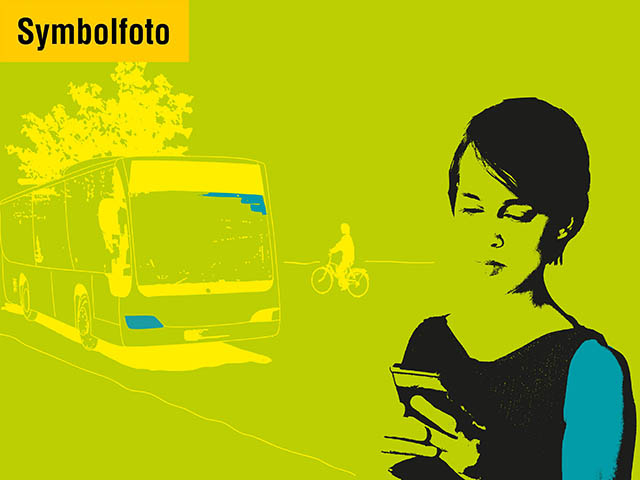
A mobile-application to promote a sustainable mobility: the "Mystic School" game
Ziele/Ideen
There is a serious public health problem in our society regarding the environmental health. The levels of gas emission are increasing in our cities due to, between other causes, people adopt more sedentary behaviours for transportation in their daily routines. Actually, walking as a mode of transportation has decreased in the last decades in several countries and nowadays, more than 55% of young people do not meet the daily recommendations of physical activity for being healthy. In addition, at the same time, the cities are designed more frequently for cars, leaving aside the pedestrians. This increases the air pollution, such as poor air quality that causes respiratory diseases.Kurzbeschreibung
The aim is to promote a sustainable mobility among young people, reducing the use of carbon transportation using walking as a main mode of transport to school and to other destinations in their daily routine. This aim will be promoted using a mobile application called the "Mystic School". Walking is the most sustainable mode of transportation and it is either a good opportunity to: contribute to increase levels of physical activity, decrease the stress levels and improve cardiovascular health, among others. Furthermore, walking may benefit the care of the environment with the reduction of the pollution in urban zones and traffic congestion.Resultate
The expected results might be: a) an increase of the rates of walking as a mode of transportation and a reduction in the rate of carbon transportation, b) a proposal to improve the local environment of the participants using their previous opinions, c) an improvement of the perception about the mobility in their daily routine, and d) a widely use of the mobile application between their equals and other people in their social context.Partner
beteiligte Personen und Institutionen im Anhang




